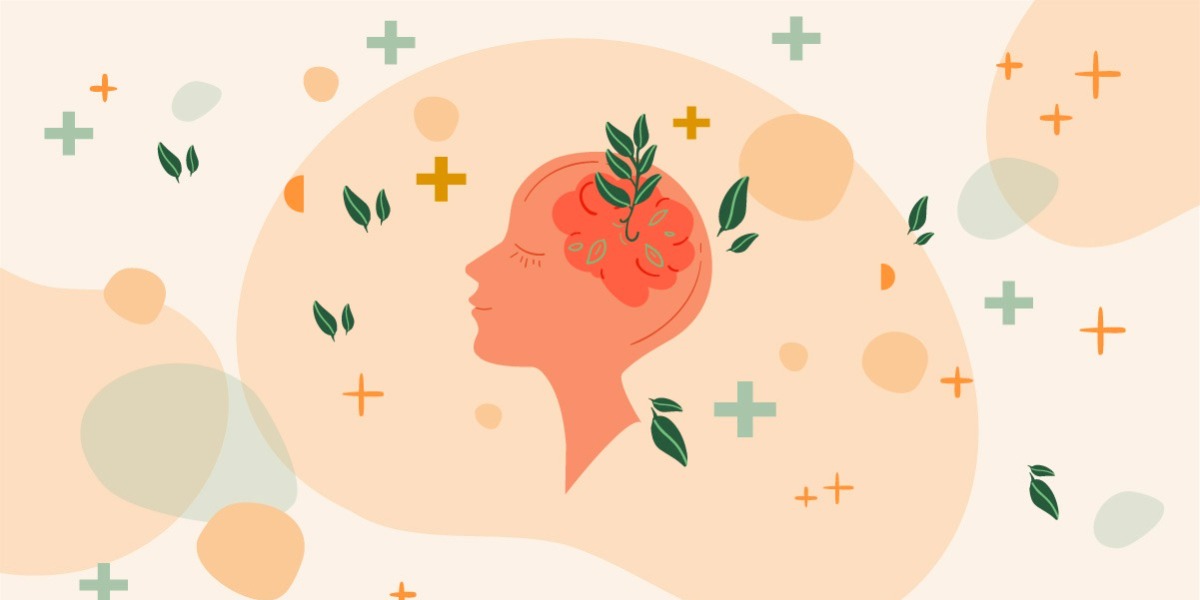BLOG
Growth Mindset How to Increase our Motivation and Achievements?
للمقال باللغة العربية לכתבה בעברית
How many of you believed growing up that your intelligence and talents are static traits and can not improve? That you're either born smart and talented, or you are not. What if I told you that it's not true and that our intelligence can be developed?
With employee evaluations at our doorsteps, what better time than now to learn about the brain’s ability to change, the benefits of having a growth mindset, and how it can improve our motivation and achievements.
For a long time, scientists believed that the brain does not change after childhood and that as we grow, our brains' networks become fixed. However, in the last decade, researchers have shown that the brain never stops changing and adjusting and that our brain can grow and change with learning and experience. That's what we call brain plasticity.
Why is this important?
Because research also found a connection between mindset and achievements, and it found that when people believe that their brains can grow and change, they behave differently. This leads us to Dr. Carol Dweck's revolutionary work on growth mindset. She was able to define two mindsets that we have: fixed vs. growth. She found that when people develop a growth mindset, they increase their motivation and improve their achievements.
First, let's understand what a fixed mindset vs. a growth mindset is?
A Fixed mindset is limiting. People believe that their intelligence, talents, and creative abilities are static and cannot develop or grow in significant ways. They tend to avoid making mistakes, taking risks, or making an effort. They usually give up easily when faced with challenges, ignore useful negative feedback, and feel intimidated by others' success.
A growth mindset, on the other hand, is freeing and liberating. It is the belief that people can grow and develop their intelligence, talents, and creative efforts. People with a growth mindset focus their efforts on learning rather than performance because they understand that through learning, hard work, and experience, they get better and grow. They recognize that to succeed, they have to face challenges, work hard, deal with criticism, and often fail. They also find value in learning from other's experiences.
How can we help ourselves develop a growth mindset?
We can all develop a growth mindset by deciding not to limit ourselves and believe that we are capable of change and growth.
First, we need to pay attention to our thoughts and our words and notice when they limit us (fixed mindset), such as:
• “I can't do this.”
• “I hate challenges.”
• “I give up.”
• “I take criticism personally.”
• “Why should I bother trying?”
We can then change them into thoughts and words that support our growth (growth mindset). For example, instead of saying "I can't," you can say, "I can't yet, but I am willing to practice and improve."
Other ways to help develop a growth mindset is to:
• Embrace challenges because this will make you stronger.
• When faced with setbacks and failures, don't give up. Instead, see the value these obstacles offer you and recognize the learning opportunities.
• Put in the effort and hard work. It is needed for you to excel and get better.
• Be open to learning from criticism and feedback.
• Find the inspiration and learn from others' experiences and successes, which will help you grow.
Next month we will focus on the value of mistakes and failures and how they're necessary for our success journey. For now, notice in the coming weeks when you have a fixed mindset and when you find that your thoughts are limiting you. Try to practice embracing a growth mindset, seek the learning opportunities around you, and notice the difference it creates in you.
Sincerely,
Rasha Afifi-Talleh
Professional Coach, CPCC, ACC, INHC

